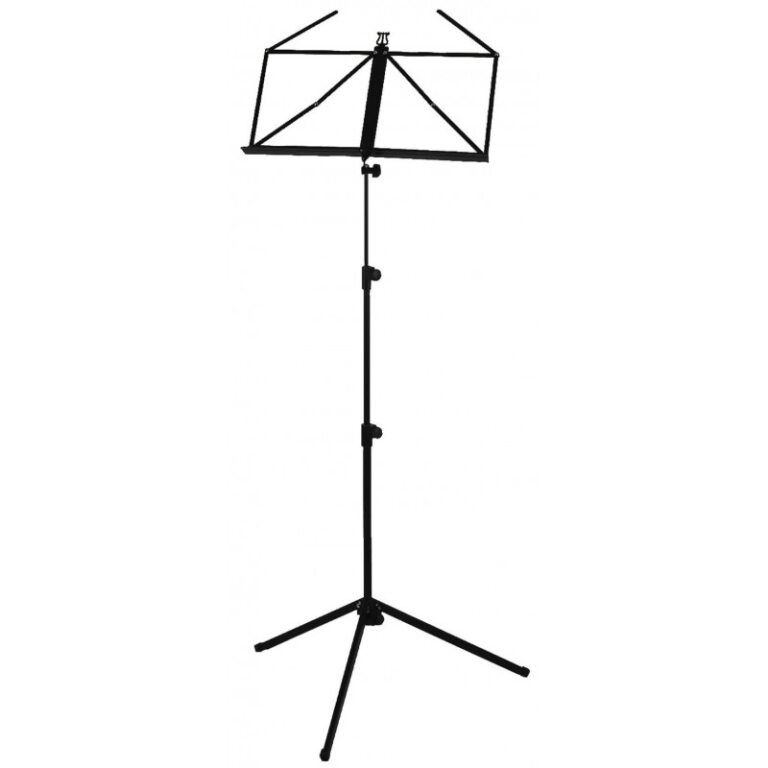Pfitzner, Hans: 16 Eichendorff-Lieder für mittlere Singstimme (Heft II)
Partitur
In the autumn of 1923, a young man produced the first music editions of his newly founded publishing house in his parents’ living room. He named his company Bärenreiter. In the spring of 1924 when Karl Vötterle came of age, he was able to register it with the German Publishers and Booksellers Association. At first, he mainly put out folk song collections, church as well as organ music including early music by Leonhard Lechner and Heinrich Schütz, at the time primarily known in specialist circles.
During the last months of the Second World War, the publishing house in Kassel was destroyed and once more a fresh beginning had to be made. With the start of the extensive German music encyclopaedia MGG – "Musik in Geschichte und Gegenwart" – as well as numerous series of scholarly-critical complete editions such as the “New Mozart Edition” and the “New Bach Edition”, the visionary founder of the publisher created the basis for the further development of Bärenreiter. The musicological editions increasingly aroused interest abroad, and Bärenreiter found itself on an expansion course.
When Karl Votterle died in 1975, his daughter Barbara took over the helm, supported by her husband Leonhard Scheuch. Under their leadership, the catalogue grew significantly and the brand BÄRENREITER URTEXT was established. Finally, in 2003, their son Clemens Scheuch joined the publisher which today he is managing together with his parents. Thus Bärenreiter has remained a family business to this day and has become a company of international standing in the world of classical music.

 English
English Español
Español Français
Français Magyar
Magyar Polski
Polski Română
Română Slovenský
Slovenský Slovenščina
Slovenščina 中文
中文














